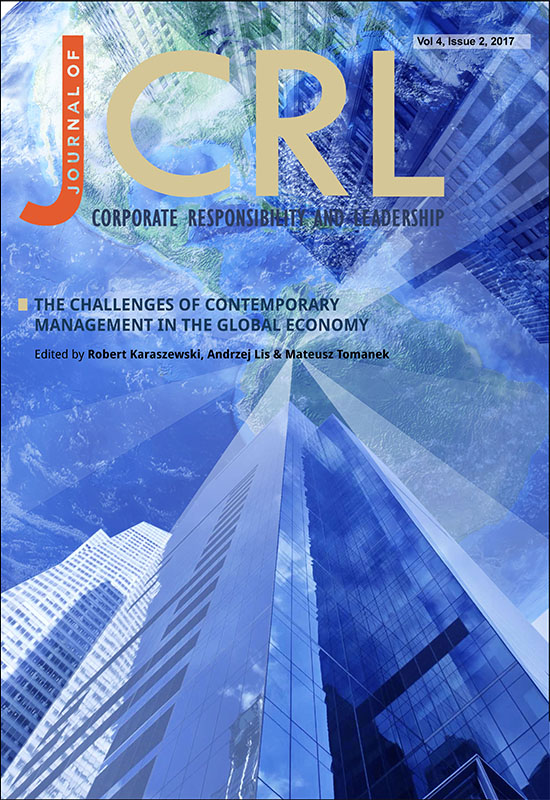Capital in the 21st Century: Are the Thomas Piketty’s Ideas a Way to Welfare and Prosperity or Enslavement?
DOI:
https://doi.org/10.12775/JCRL.2017.009Keywords
income disparities, capital disparities, Laffer curve, fiscalism, capital taxAbstract
In his seminal work Capital in the 21st century Thomas Piketty analyses income and wealth disparities in developed econ-omies observed over last two centuries. He claims that increasing disparities may result in social tensions and even revolutions in the near future and proposes fiscal mechanisms as a remedy to such threats. The aim of the paper is to assess the Piketty’s proposals of tax changes aimed at levelling the existing income disparities. First of all, the paper proves that Piketty’s tax proposals are contrary to the empirically tested Laffer curve. Secondly, it discusses whether social stratification is or should be a worry for economists and politicians or whether it is a required and unavoidable situation in a well developing market economy.
References
Gwiazdowski, R. (2005), “Krzywa Laffera: Rzecz o tym, jak obniżki stawek podatkow-ych mogą skutkować zwiększeniem wpływów podatkowych i vice versa”, Przegląd Prawniczy Uniwersytetu Warszawskiego, No. 1, pp. 31 – 50.
Hoppe, G. (2014), “CSR Concept Implementation vs. Political Hedonism Driven by Human Action”, Journal of Corporate Responsibility and Leadership, Vol. 1, Issue 1, pp. 39 – 52.
Hoppe, G., (2015), Ekonomia wolności: Traktat o naturze ludzkiego działania i dążeniu do szczęścia, Poligraf, Brzezia Łąka.
Piketty, T. (2015), Kapitał w XXI wieku, Wydawnictwo Krytyki Politycznej, Warszawa.
Downloads
Published
How to Cite
Issue
Section
Stats
Number of views and downloads: 560
Number of citations: 0



